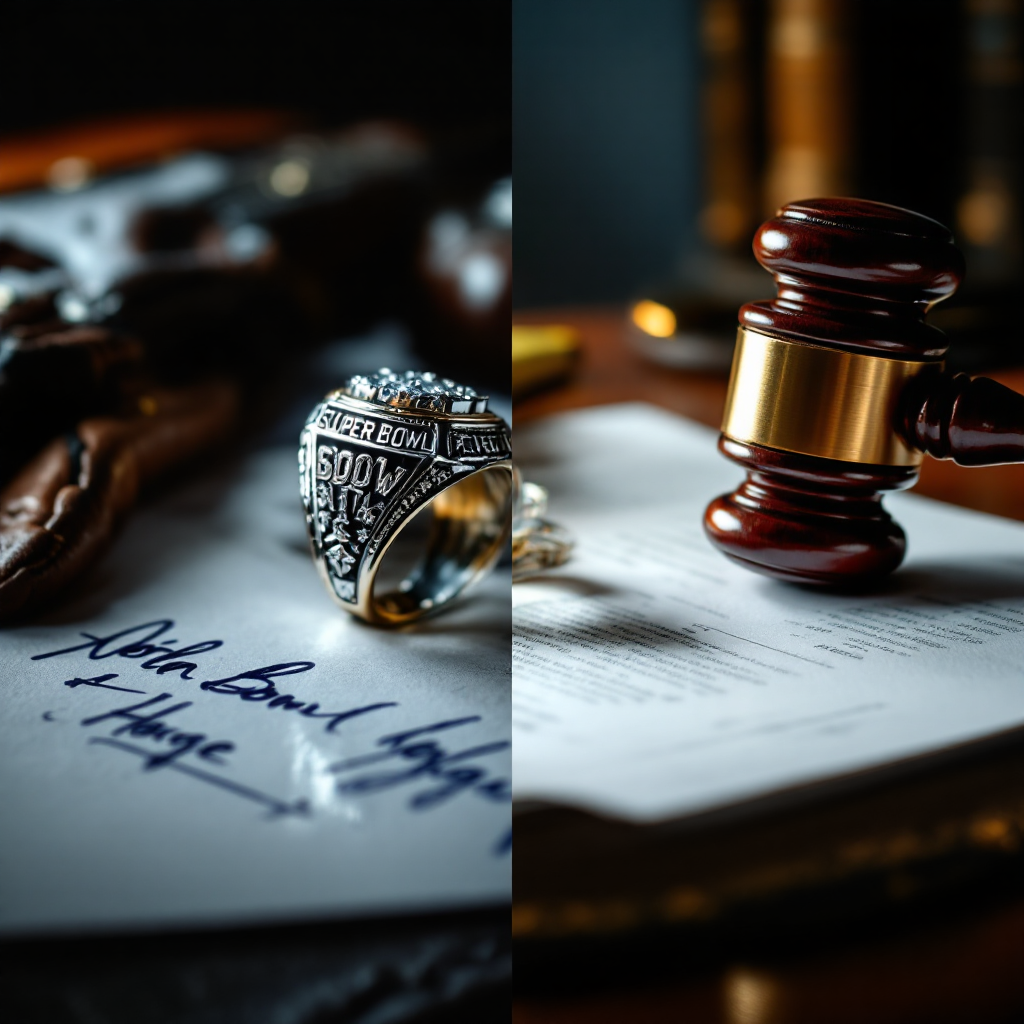
Collectibles often tell a story far richer than their price tag suggests. Whether it’s a Super Bowl ring, a vintage comic collection, or a signed baseball bat, these items can hold enormous sentimental and financial value. But when someone passes away without a clear estate plan, such prized possessions can become flashpoints in family disputes. In trust and estate litigation, courts frequently see conflicts over who gets to keep—or sell—valuable memorabilia, especially when the collection was amassed over a lifetime and not properly documented.
Valuing collectibles isn’t always straightforward. According to estate planning experts, it’s crucial to distinguish between market value and sentimental worth—two very different concepts. An item might be worth $5,000 at auction but feel “priceless” to a family member. In probate disputes, courts often rely on certified appraisals or recent sale comparisons, which may undervalue what an heir believes to be a family legacy. Discrepancies between perceived and actual value can trigger disagreements that delay probate and even lead to litigation.
Another critical factor is planning. When collectors fail to catalog their assets, designate beneficiaries, or express their wishes in a will or trust, the legal system must step in to fill the gaps. This may involve interpreting vague instructions, reviewing gift histories, or determining if items were intended for specific individuals. For example, if a collection is left to “my children,” do they share it equally, or does one child take the guitar while another receives the coin set? Without specificity, even well-meaning heirs can find themselves at odds.
The attorneys at Lord & Lindley have significant experience dealing with trust and estate litigation. If you need assistance with an estate issue, please give us a call at 704-457-1010 to find out how we may be able to help you. For more information regarding our firm, attorneys, and practice areas, please visit our website at www.lordlindley.com.
